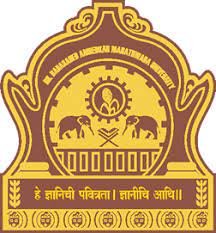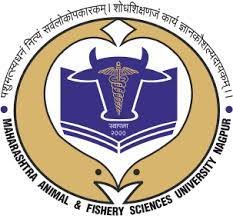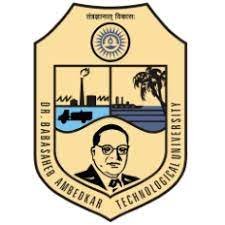LLM in Intellectual Property Law: Join a dynamic field! Explore IP rights, patents, and trademarks. Admission open now.
Admission for Master of Law (LLM) Intellectual Property Laws Course
The field of Intellectual Property (IP) law has gained immense importance in today's knowledge-driven world. As technology and innovation continue to shape our global landscape, the protection of intellectual property rights has become crucial. Intellectual Property Laws regulate and safeguard creations of the mind, such as patents, copyrights, trademarks, and trade secrets. To specialize in this field and gain a deep understanding of its intricacies, many aspiring legal professionals pursue a Master of Laws (LLM) in Intellectual Property Laws. In this comprehensive guide, we will explore the nuances of the LLM program in Intellectual Property Laws, including admission requirements, application procedures, and the career prospects it offers.
Admission Requirements: LLM Intellectual Property Laws
To gain admission to an LLM program in Intellectual Property Law, prospective students typically need to meet certain requirements. These requirements may vary from one institution to another, but here are some common criteria that applicants should be prepared to fulfill:
-
Educational Background: Applicants should have completed a bachelor's degree in law (LLB or equivalent) from a recognized university or law school. Some institutions may also accept applicants with degrees in related fields, provided they have a strong legal background.
-
Academic Transcripts: Applicants are usually required to submit their academic transcripts as part of the application process. A competitive GPA in their previous legal studies is often a significant factor in the admission decision.
-
Letters of Recommendation: Many institutions ask for letters of recommendation from individuals who can vouch for the applicant's academic or professional abilities. These letters typically come from professors, legal professionals, or employers.
-
Statement of Purpose (SOP): An SOP is a critical component of the application process. It is an essay where applicants explain their reasons for pursuing an LLM in Intellectual Property Law, their career goals, and how the program aligns with their aspirations.
-
Standardized Test Scores: Some institutions require applicants to submit standardized test scores, such as the GRE or LSAT. However, requirements vary, and some schools may not require these scores.
-
English Language Proficiency: For international applicants from non-English-speaking countries, proof of English language proficiency through standardized tests like TOEFL or IELTS is often required.
-
Work Experience: While not always mandatory, some programs prefer applicants with prior legal work experience, especially in the field of intellectual property law.
-
Interviews: In some cases, applicants may be asked to participate in an interview as part of the admission process. This interview helps the admissions committee assess the applicant's suitability for the program.
-
Writing Sample: Some programs may request a writing sample, such as a legal research paper, to evaluate the applicant's writing and analytical skills.
Application Process LLM Intellectual Property Laws
The application process for an LLM program in Intellectual Property Laws generally involves several steps:
-
Research Institutions: Begin by researching universities or law schools that offer LLM programs in Intellectual Property Laws. Consider factors such as the program's reputation, faculty expertise, location, and available resources.
-
Prepare Application Materials: Gather all required application materials, including transcripts, letters of recommendation, your SOP, standardized test scores (if required), and any other documents specified by the institution.
-
Complete Online Application: Most institutions have an online application portal where you can submit your application materials. Follow the instructions provided on the institution's website to complete the application.
-
Pay Application Fee: There is usually an application fee associated with applying to LLM programs. Be prepared to pay this fee when submitting your application.
-
Submit Transcripts: Request official transcripts from your previous educational institutions to be sent directly to the admissions office of the institution you're applying to.
-
Letters of Recommendation: Contact the individuals who will be writing your letters of recommendation well in advance and provide them with any necessary information or forms.
-
Write a Strong SOP: Take your time to craft a compelling Statement of Purpose that clearly outlines your motivations, career goals, and how the LLM program in Intellectual Property Laws aligns with your aspirations.
-
Standardized Tests: If required, register for and take any standardized tests (e.g., GRE or LSAT) and have your scores sent to the institutions you're applying to.
-
English Language Proficiency: If you're an international applicant, schedule and take the necessary English language proficiency tests (e.g., TOEFL or IELTS) and ensure that your scores are sent to the institutions.
-
Interviews: If you are invited for an interview, prepare for it by reviewing your application materials and practicing your interview responses.
-
Follow-up: After submitting your application, periodically check the application portal or contact the admissions office to ensure that all materials have been received and that your application is complete.
-
Admission Decision: Institutions will typically notify applicants of their admission decision via email or postal mail. Be prepared to respond promptly if you receive an offer of admission.
 1 Years
1 Years
 Post Graduate
Post Graduate
 Law
Law














 back
back

